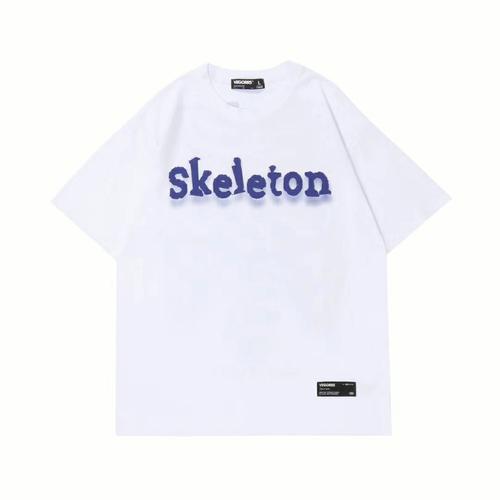Down jacket is a very popular warm winter clothing, and its thermal insulation effect mainly depends on the filler and fabric. Among down jacket fabrics, polyester and nylon are common choices. Now let’s take a look at the characteristics and thermal properties of these two fabrics to better understand which one is warmer.
Polyester fiber is a synthetic fiber that is lightweight, soft, wear-resistant and has good thermal insulation properties. Because polyester fiber has good air permeability, it can effectively block the cold air from the outside from entering the inside of the down jacket, thus providing better warmth retention effect. In addition, polyester fiber fabrics also have good wrinkle resistance and stain resistance, and are easy to clean and maintain. Therefore, down jackets made of polyester fiber fabrics perform well in terms of thermal insulation properties.
Nylon is a synthetic fiber with high strength and wear resistance. Nylon fabrics are usually thinner and have better windproof properties, which can effectively prevent cold air from flowing into the inside of the down jacket. Nylon fabric also has good durability and tear resistance, making the down jacket more durable. However, the breathability of nylon fabric is relatively poor, which may cause some users to feel stuffy during activities.
To sum up, both polyester fiber and nylon have their own advantages and characteristics. There is no obvious difference between the two in terms of the thermal insulation performance of down jackets. The difference between good and bad. Which fabric to choose depends on personal needs and preferences. If you focus on warmth and comfort, you can choose polyester fabric; if you focus on durability and windproof performance, you can choose nylon fabric. In addition, no matter which fabric you choose, you also need to pay attention to factors such as filler quality, down density, and craftsmanship, which will also affect the thermal insulation effect of the down jacket.






